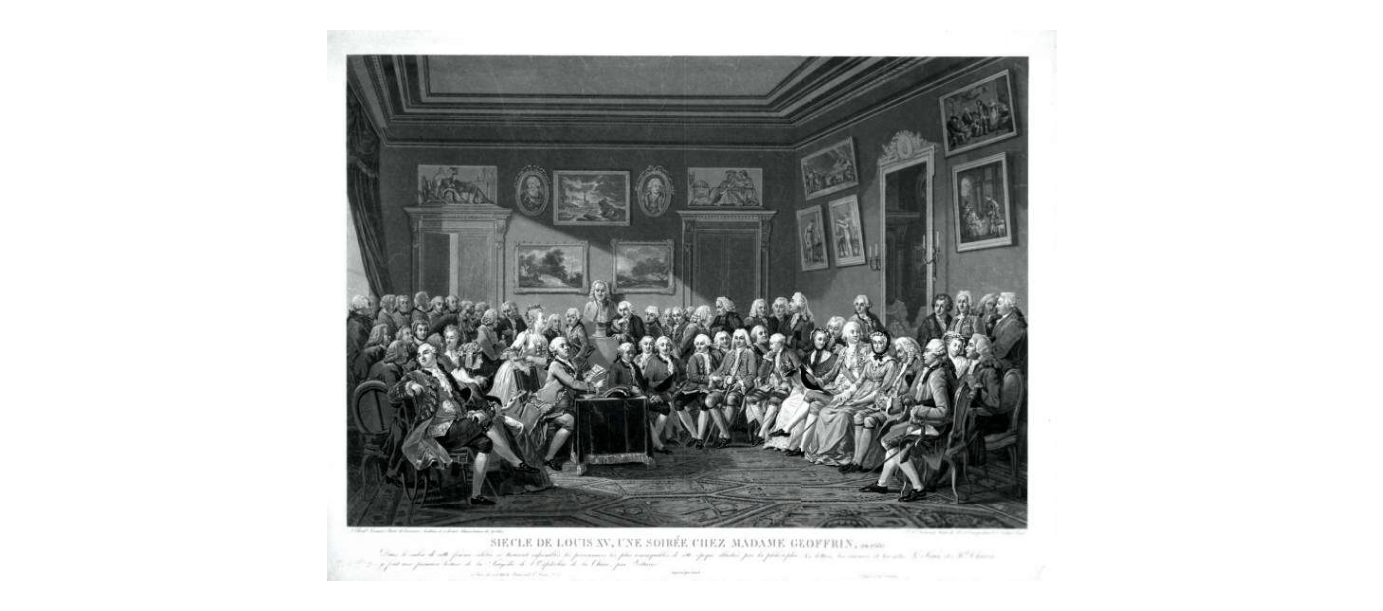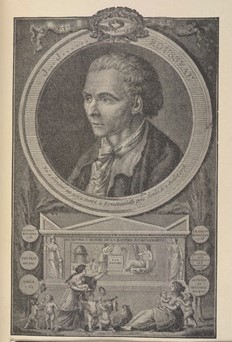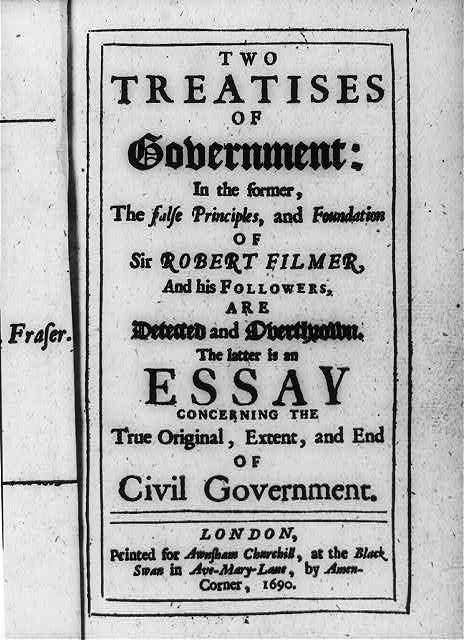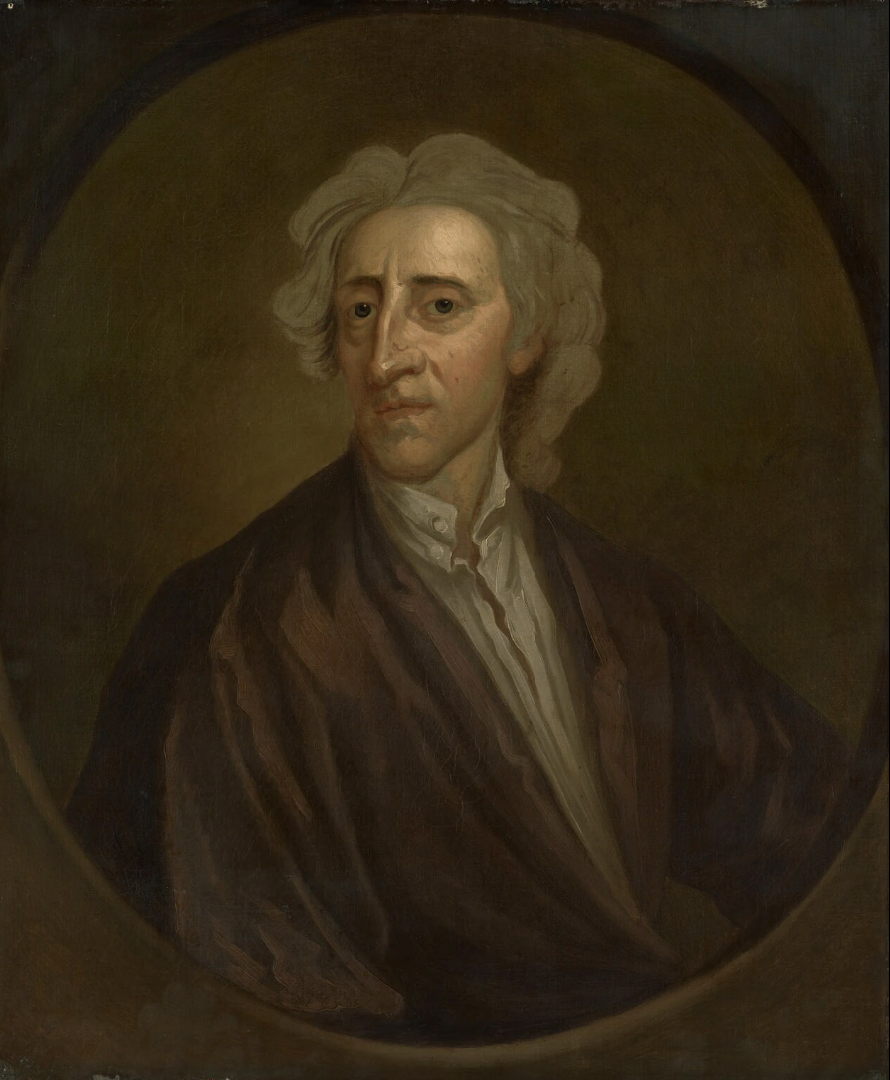During this time period, philosophers preached ideas of equality for all and helped spurred democratic sentiments among ordinary people, especially in France. These ideas encouraged people to question authority, and their rights and place in the societal hierarchy.
The French Revolution: The Catalyst of Modern Democracy in Europe
The Age of Enlightenment

Siècle de Louis XV, une soirée chez Madame Geoffrin, Philibert Louis Debucourt
“The Enlightenment's emphasis on reason shaped philosophical, political and scientific discourse from the late 17th to the early 19th century … notions of independence, self-help and liberalism … [were] enshrined in new constitutional arrangements.” - The British Library
Jean-Jacques Rousseau argued that governments obtain their power through people. Political sovereignty must always stay in the hands of the people whom the government is created for in the first place.
"Any law which the people has not ratified in person is void; it is not law at all." ~ Jean-Jacques Rousseau

"Frontispiece with a portrait of the author in the 1895 edition of Rousseau’s The Social Contract, first published in 1762." - The British Libary
“The only will dominating government ... should be the general will or the law. The government's power is only the public power vested in it… If the time should ever come when the [government] has a particular will of its own stronger than that of the sovereign and makes use of the public power…social union will disappear and the body politic will be dissolved.” - Jean-Jacques Rousseau, The Social Contract, 1763
“Man being born, as has been proved, with a title to perfect freedom and an uncontrolled enjoyment of all the rights and privileges of the law of Nature… by nature a power not only to preserve his property— that is, his life, liberty, and estate” - John Locke, Two Treaties of Government, 1689
John Locke believed that all people were born with “inalienable natural rights” which governments existed to protect. Once governments do not respect them anymore, the people have the right to abolish them and create new ones.

Title Page of Two Treatises of Government by John Locke (London, 1690)
Courtesy of the Library of Congress

Oil Portrait of John Locke by Sir Godfrey Kneller, Bt
Courtesy of the National Portrait Gallery
If a government subject their citzens to “ a long train of abuses, prevarications, and artifices… put the rule into such hands which may secure to them the ends for which government was at first erected…power in the people of providing for their safety anew by a new legislative when their legislators have acted contrary to their trust” - John Locke, Two Treaties of Government, 1689
Charles Montesquieu surmised that the existence of governments was to preserve political liberty, and law and order. He advocated the idea of the separation of powers to ensure that no person or group could become too powerful.
“Political liberty is to be found only in moderate governments…In order to have this liberty, it is requisite the government be so constituted as one man need not be afraid of another … When the legislative and executive powers are united in the same person, or in the same body of magistrates, there can be no liberty” - Charles Louis de Secondat, Baron de Montesquieu, Complete Works, vol. 1 The Spirit of Laws, 1748
The Enlightenment encouraged people to question those who were in power and their roles in society; it fostered an environment in which revolution could thrive.